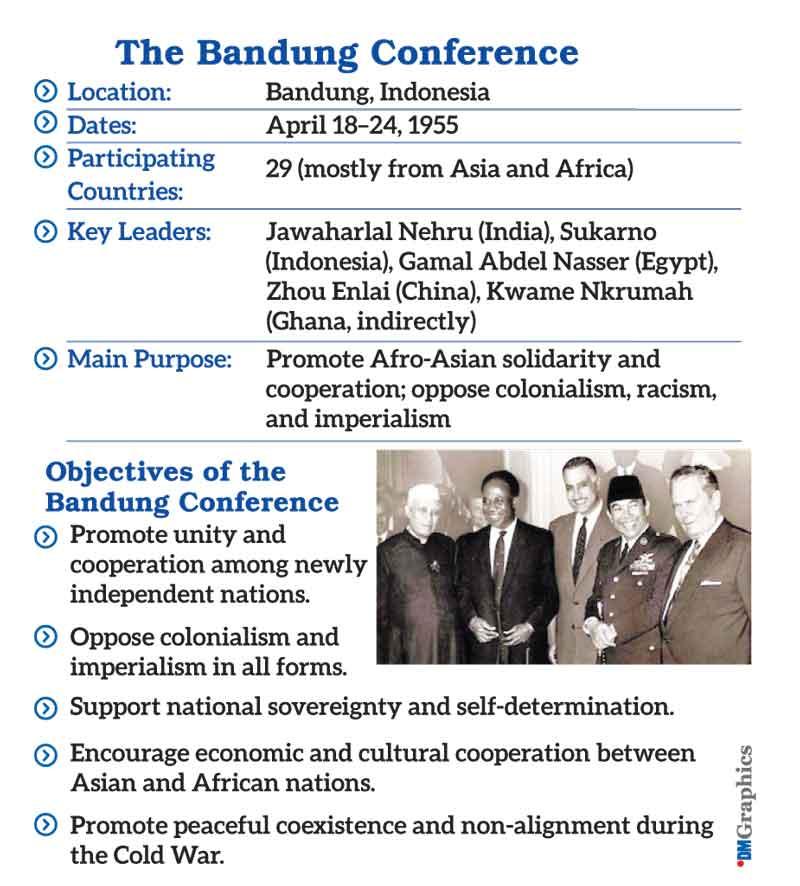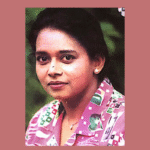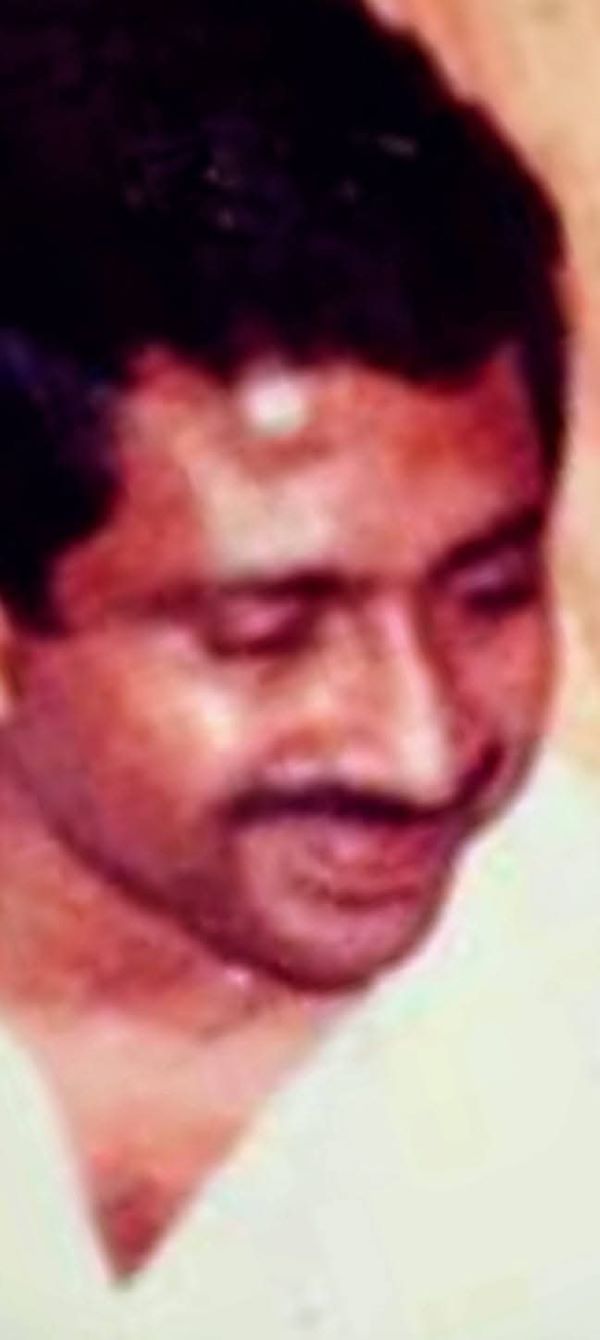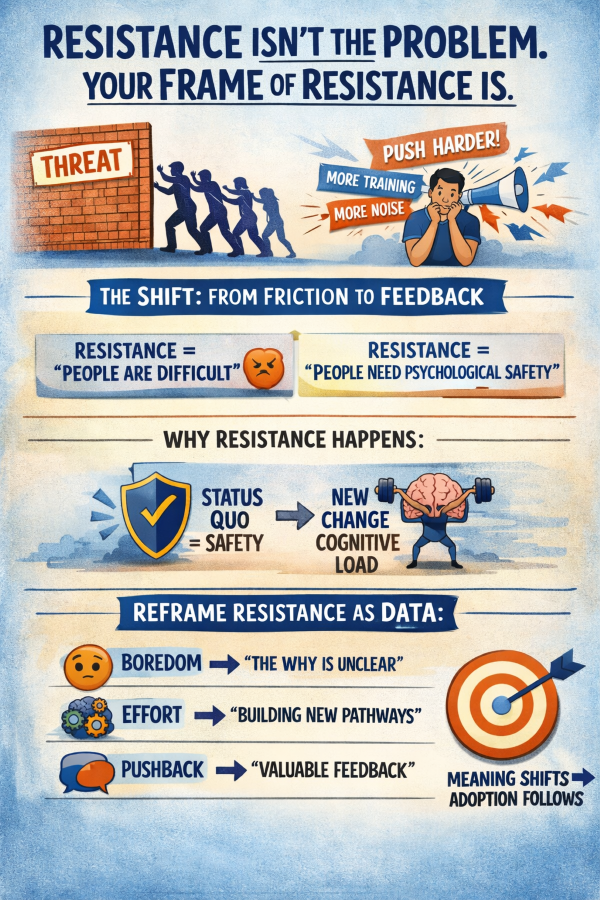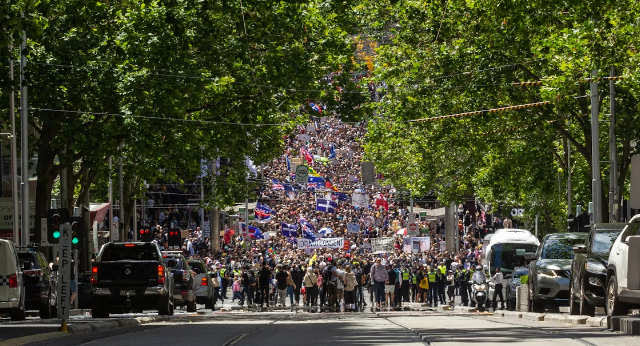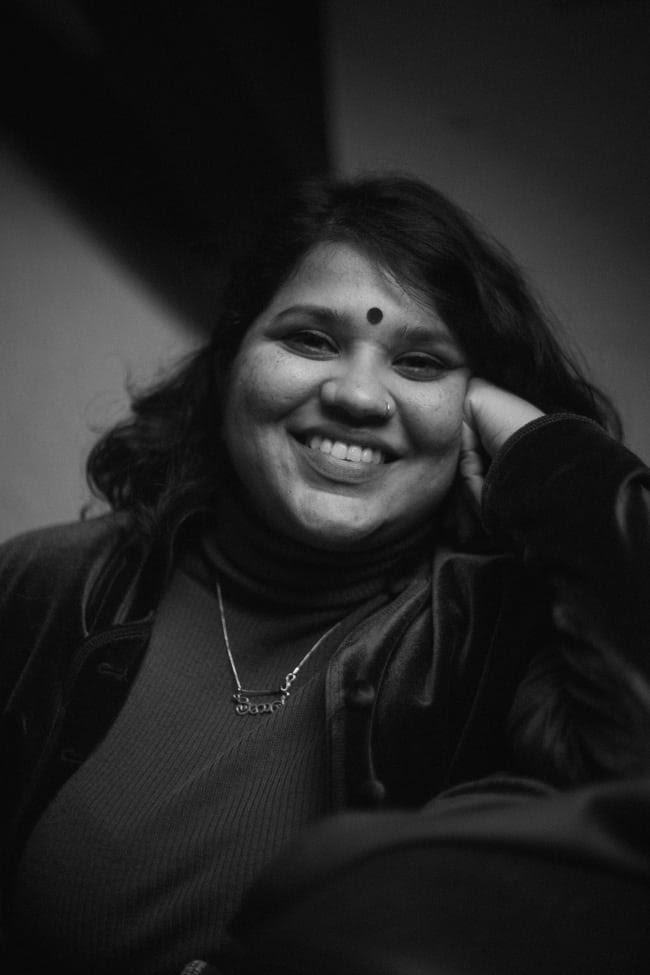WHEN CEYLON SAID ‘NO’ TO “BIG BRO”; SIR JOHN AT BANDUNG – By KKS Perera
 The 1955 Bandung Conference was a key moment when newly free countries met to decide their path in a divided world. The then Ceylon’s Prime Minister Sir John Kotelawala deserves credit for defending small nation rights against big power attitudes. The Bandung idea actually came from Sir John’s 1954 Colombo Conference. Yet, when the bigger meeting happened in Indonesia, he was expected to follow India’s lead instead of speaking for his own country.
The 1955 Bandung Conference was a key moment when newly free countries met to decide their path in a divided world. The then Ceylon’s Prime Minister Sir John Kotelawala deserves credit for defending small nation rights against big power attitudes. The Bandung idea actually came from Sir John’s 1954 Colombo Conference. Yet, when the bigger meeting happened in Indonesia, he was expected to follow India’s lead instead of speaking for his own country.
Nehru came to Bandung wanting to bring Communist China into the neutral countries group and fight American influence in Asia. He expected smaller nations like Ceylon to simply agree with India’s plans – a typical Big Brother attitude.
Most important moment
Sir John’s most important moment came in his controversial speech. Instead of only criticising Western colonialism like everyone expected, he boldly said that Communism was “another form of imperialism equal to Western colonialism.” He compared Soviet control over Eastern Europe to old colonial practices. This directly challenged Nehru’s plan to present China as just another victim of imperialism. Sir John understood that true neutrality meant criticising all forms of control, no matter who was doing it.
The most telling moment of Sir John’s heroic stance came in his personal confrontation with Nehru, as referred below :
When the Indian Prime Minister approached him with the paternalistic question, “Why did you do it? Why did not you show me your speech before you gave it?” – treating the Ceylon leader like a subordinate requiring approval – Sir John’s response was swift and dignified: “Why should I? Do you show me yours before you give them?”
This exchange encapsulated the fundamental issue at stake. Nehru’s question revealed an assumption that India, as the larger power, had the right to preview and potentially veto the positions of smaller neighbours. His tone carried “the paternal advice of a senior statesman in an Asian power to a less scholarly, stubborn prime minister of a lesser-known island.” Sir John’s retort was not merely defensive but assertively equal, demanding reciprocity in what should have been a relationship between sovereign equals.
The Island’s Crucial Geographic Advantage and Regional Dominance
Sri Lanka, blessed with outstanding ports at Colombo and Trincomalee, stands as the natural centre of the Indian Ocean and serves as the key to the entire regional security framework. India possesses a long coastline that remains exposed and vulnerable to attack from naval aircraft. The Japanese strikes on Colombo and Trincomalee in 1942 clearly demonstrated this weakness.
As military experts have noted, “Ceylon acts as the pivot of the Indian Ocean; in our modern age of aviation, Ceylon’s position commanding both sea and air routes holds critical significance.” It’s worth noting that even military planners from the 1600s, along with the British Empire, recognised Ceylon’s essential role in controlling Indian Ocean defences.
Two Hundred Years On: The Same Strategic Logic, Different Players
Speaking about Ceylon’s military value in protecting India, Prime Minister William Pitt, ‘the Younger’ [1759 –1806 the prime minister of Great Britain from 1783, and then first prime minister of the United Kingdom from January 1801], told the British Parliament in 1802 that gaining control of the island was “the most precious colonial territory we possess anywhere in the world, providing our Indian territories with protection they had never enjoyed since we first established them there.” For Britain, Ceylon wasn’t just important for defending India – it was a crucial connection in Britain’s worldwide shipping network.
Early Indian Ambitions and Sri Lankan Concerns
During the 1940s, prominent Indian National Congress leaders like Jawaharlal Nehru, along with writers such as Panikkar, had suggested that Sri Lanka should join closely with India, “likely as a self-governing part of an Indian union.” However, once Sri Lanka gained independence, such statements caused great worry and fear among Ceylon’s leaders, who firmly rejected this idea.
To calm the concerns of Sri Lanka’s leadership, Nehru sent a special statement promising the island that India had good intentions and would not interfere in its independent existence. Later, in Colombo during the Commonwealth Foreign Ministers meeting in January 1950, Nehru declared: “some people worry that the large nation of India might want to take over or swallow up Ceylon. I promise you that if anyone has such thoughts, they are completely mistaken.” He later called the fear of some Ceylonese that India might invade or absorb Ceylon “complete foolishness.”
Diplomatic Assurances
Even with such promises, D.S. Senanayake, Sri Lanka’s first Prime Minister, always considered India as the homeland – the country from which both his people, the Sinhalese, and Buddhism had originated. Yet he clearly understood the risks of having nearby a population of 350 million people pushed outward by living standards much lower than those in Ceylon, and who could, under dangerous leadership, become hostile.
On September 7, 1954, in Ceylon’s Parliament, Kotelawala expressed his concern about “various statements in one of Panikkar’s books saying that India must control Trincomalee for security reasons.” “I have also heard that Mr. Panikkar is said to speak for Pandit Nehru. He supposedly understands Pandit Nehru’s thinking and has claimed that India, Ceylon, and Burma must follow an ‘Asian Monroe Doctrine’ where India will be the parent to the two children Burma and Ceylon. We reject that parental guidance and their so-called protection.”-Hansard
However, Panikkar denied making any such statements in his writings. Nehru also rejected the idea that Panikkar represented his views.
Sri Lanka’s strategic location made it valuable to larger powers, but this same position could be used for the island’s own benefit rather than surrendering it to regional dominance.
The Danger of Demographic Pressure
Senanayake’s concern about India’s massive population and lower living standards represented a realistic assessment of potential migration and economic pressures that could overwhelm a smaller neighbour. Speaking along the same lines in 1955, Sir John Kotelawala warned, “The moment Ceylon gets rid of all Englishmen completely, the island will fall under India’s control.” This represented a complete change in his thinking within just two months. Previously, he had believed that having Ceylon’s two closest neighbours as fellow Commonwealth members served “as her primary protection against any chance of attack from nearby enemies.”
Rejecting Paternalistic Protection
Kotelawala’s firm rejection of any “fatherly advice” or “protection” from India demonstrated that true independence means making one’s own security arrangements rather than accepting junior status. The reference to British presence as a counterbalance showed that small nations sometimes need external partnerships to maintain independence from dominating neighbours.
These concerns from the 1950s remain relevant today. Sri Lanka’s strategic position in the Indian Ocean continues to attract the attention of major powers. The island nation must balance its relationships carefully, ensuring that economic cooperation and regional partnerships don’t compromise its sovereignty.
The courage, wisdom, and resolve of leaders like D.S. Senanayake, Sir John Kotelawala, and Mahinda Rajapaksa [notwithstanding his other shortcomings and controversial legacy] to defy major powers have time and again safeguarded this small nation’s sovereignty.
Geographic advantages should be used for national benefit, not surrendered to larger neighbours. Diplomatic assurances must be balanced against realistic assessments of power dynamics. True independence requires the ability to say “no” to unwanted influence, regardless of the source. Sri Lanka’s experience shows that maintaining independence requires constant vigilance, strategic thinking, and the courage to resist pressure from larger powers who may view smaller neighbours as naturally falling within their sphere of influence.
The writer can be contacted at- –kksperera1@gmail.com




